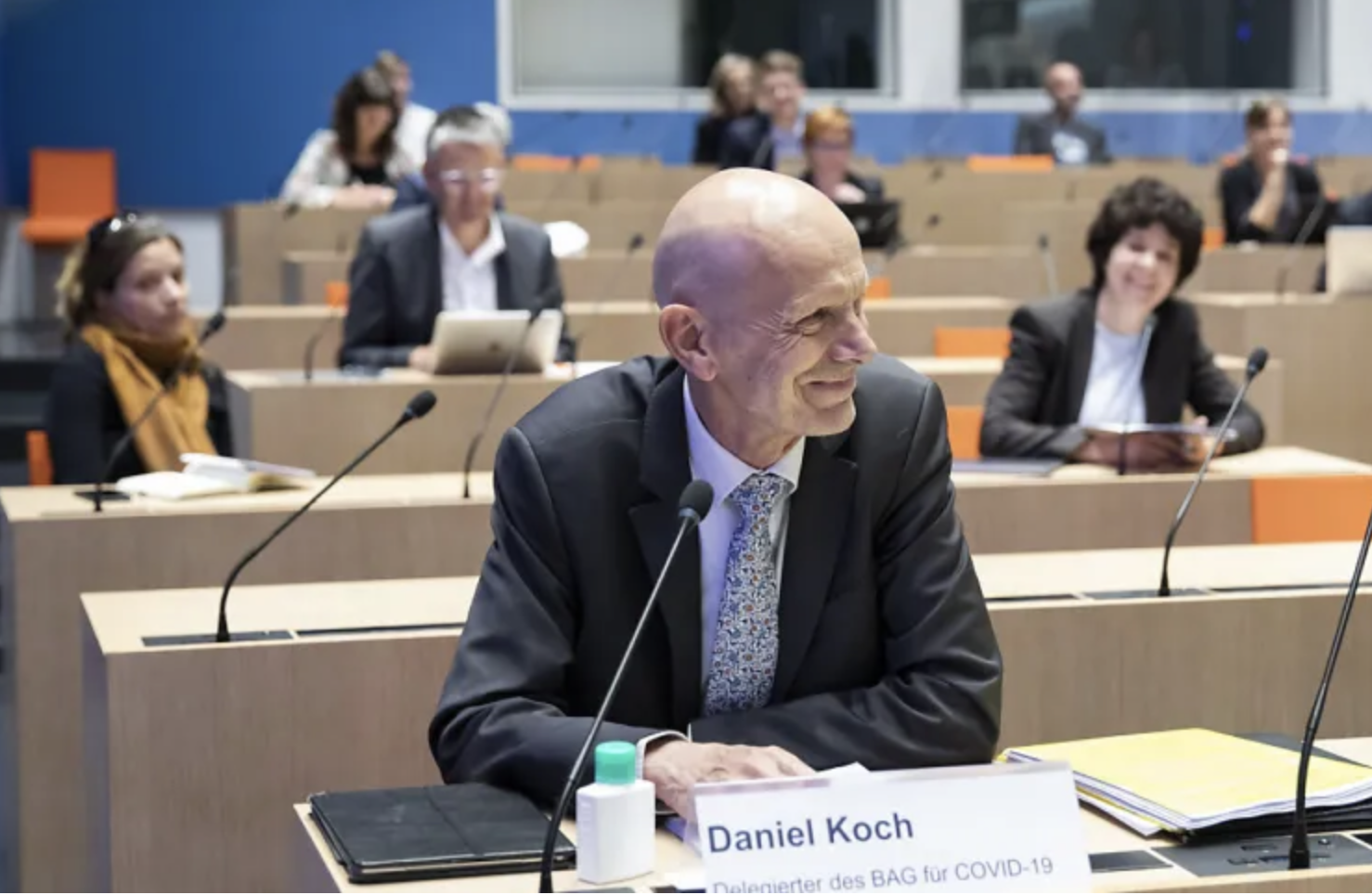Daniel Koch, former head of communicable diseases at the Federal Office of Public Health, recalls the key role played by the Swiss government during the Covid-19 crisis, five years after a lockdown was first declared in Switzerland.
In January 2020, government officials began preparing for what would become a global pandemic, but the public’s harsh reality started on March 16 when the Swiss Federal Council invoked emergency powers. A state of extraordinary emergency was declared, banning all events, allowing only essential shops to remain open, and advising people to stay home and maintain distance from others.
Koch, referred to as “Mr. Coronavirus,” noted that while the measures were strict, they were more recommendations than outright bans. The decision for a lockdown emerged from extensive preparatory work but was made quickly. Koch praised the Federal Council for its determined and efficient transformation of operations, as they convened up to five times a week with various departments involved. The defense ministry mobilized nearly 8,000 military personnel, the foreign ministry executed a large-scale repatriation operation, and the finance ministry allocated billions to support the economy.
However, the crisis management faced challenges, particularly regarding retirement homes. Koch acknowledged significant mistakes in how the situation was handled, specifically the blanket recommendations that led to complete restrictions on visits. This left residents isolated without their consent.
Throughout the pandemic’s initial phase, Koch served as an expert advisor to the Federal Council, retiring in May 2020. His reflections highlight both the rapid response to the crisis and the importance of considering the needs of vulnerable populations during emergencies.


